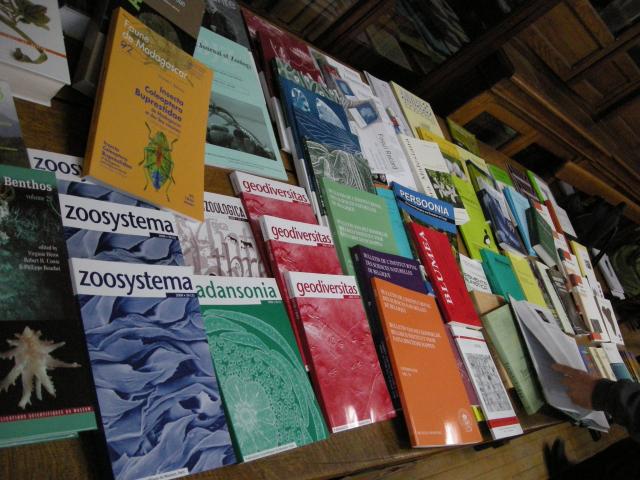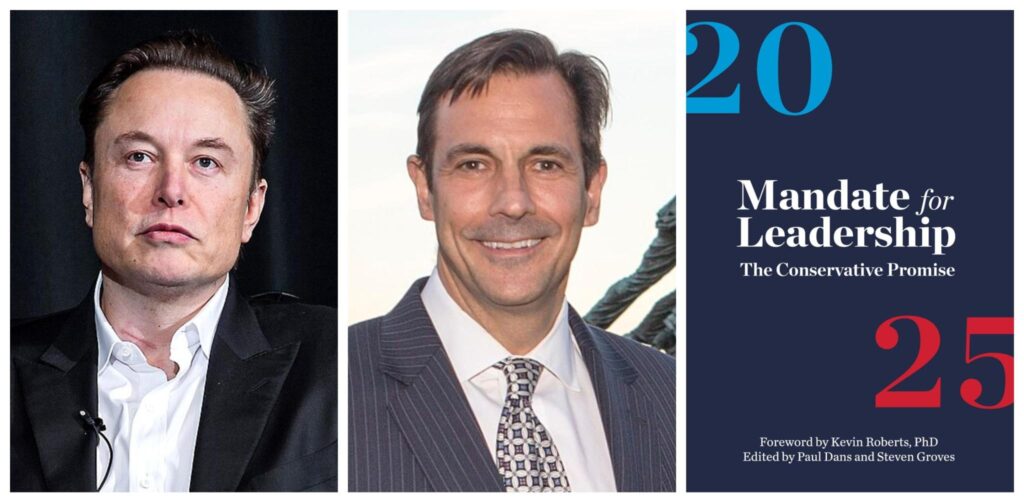An editor resigns after a journal publishes a paper that seems to trash the scientific consensus on climate change—but is heavily criticized by top scientists. Where have we heard this kind of story before?
From my book The Republican War on Science, reporting on a 2003 hearing held by Senator James Inhofe designed to bash climate science:
The very day before Inhofe’s hearing, the editor in chief of Climate Research, the small journal where the Soon and Baliunas paper originally appeared, had resigned to protest deficiencies in the review process leading up to the paper’s publication. Several other editors also subsequently resigned…
Where else have we heard this kind of story before?
From my book The Republican War on Science, reporting on a 2004 flap over the publication of a pro-“intelligent design” paper in a little-known taxonomic journal called the Proceedings of the Biological Society of Washington:
…soon after the article’s publication—which was accompanied by considerable media attention and apparently caused angry journal subscribers to pester the editorial offices demanding an explanation—facts came to light that cast doubt on whether the work should have been published at all…the Biological Society of Washington has since backed away from the work, claiming that [it] “does not meet the scientific standards of the Proceedings.”
Where else else have we heard this kind of story before? From the vaccine autism story:
The Lancet, the prestigious British medical journal, has now gone to the extreme of fully retracting a notorious 1998 paper by gastroenterologist Andrew Wakefield and his colleagues, purporting to show a shocking new cause of autism—the MMR (measles, mumps, and rubella) vaccine…The 1998 paper hit the British public like a thunderclap, triggering a decline in use of the MMR vaccine as well as a resurgence of the measles…ten of Wakefield’s original coauthors (out of twelve in total) had backed away from the work in a 2004 letter to The Lancet….
Dude. We have so been here before. It’s like somebody put on an oldie. It’s like vinyl.
The story over Roy Spencer’s paper in Remote Sensing, which had seemed to undercut the scientific consensus on climate but didn’t, but the conservative media leapt on it, and then the scientists fired back and an editor resigned, claiming the paper was “fundamentally flawed and therefore wrongly accepted by the journal”…Egads! There is a reason why this kind of stuff keeps happening.
There are a fair number “skeptics” out there in politicized and contested fields, and lots of journals. And there is a premium—if you’re a “skeptic” scientist—on getting your point of view published, because of course you believe your point of view is scientific and right and correct. You have evidence and arguments and data for it that you find utterly convincing. (Motivated reasoning affects scientists, too.)
Given the very strong scientific consensus on climate change—and the fact that everybody is aware of the intense politics here–it is still very hard to get a paper published that up and announces that everybody else in the field is, like, totally wrong. Peer reviewers will tend to point out major problems with these kinds of papers, leading to major changes, and so on.
But peer review is hardly perfect, and peer reviewers engage in motivated reasoning too. And “skeptic” peer reviewers will be more likely to find ideologically sympathetic “science” to be of a high quality, and worth publishing.
So it stands to reason that occasionally—some genius may even be able to work out the statistics—you’re going to get a kind of perfect storm scenario, where all the self-serving biases align, a real howler gets through, and then there’s a “scandal”—leading to a resignation, a paper being retracted, etc etc etc.
The real problem here, for the most part, is not the journals or the scientists. They police themselves adequately, albeit rather slowly. The real problem are the media.
Any well trained science journalist knows that one study proves nothing—precisely because of motivated reasoning, confirmation bias, and so on. If there aren’t a bunch of studies out there, by a bunch of different authors, all converging on a point—or if there isn’t a meta-analysis, a consensus assessment report, and so on–you had better be very careful. Humans are too prone to biases—even scientists—to treat any single study as a new truth.
It’s just looking for trouble.
But who cares about science journalists these days, and the skills they’ve learned over those long careers? The media is shedding them like dandruff. And then there’s Fox News, where they cover the climate issue as if every day is scientific opposite day. (Thereby, of course, playing to the biases and self-serving motivations of their viewers.)
So what can we do about this?
Honestly my answer—short of fixing the economy (for the climate issue), or vast media reform—is to make people more aware of the nature of bias and its subconscious (and frankly, biological) underpinnings. At that point, just maybe, we can begin to realize that weird “science” gets published sometimes, and even gets pounced on in the press…but that still doesn’t mean you should listen.
Subscribe to our newsletter
Stay up to date with DeSmog news and alerts







